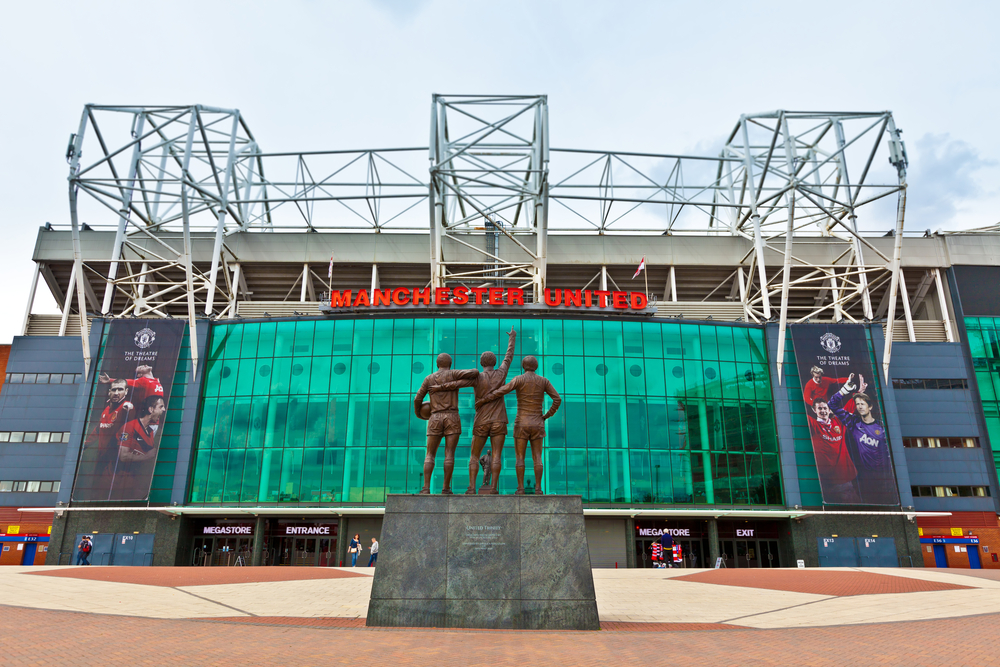Manchester United’s net debt has increased by 42.2 per cent to £429.1m according to the club’s latest quarterly results, as the Premier League side highlights the financial impacts of COVID-19.
In total Man United’s net debt has risen by £127.4m compared to last year’s financial quarter results. From the period of January 1 to March 31, Ole Gunnar Solskjær’s side has also recorded an operating loss of £3.3m, down from £14.2m profit in the same period in 2019.
A Man United Spokesperson stated: “Operationally, the impact of the pandemic and measures to prevent further spread continues to disrupt its businesses in a number of ways, most significantly in broadcasting and matchday operations.
“Postponement of the Premier League and changes to match scheduling has resulted in a reduction in the total broadcasting revenue expected for the season and has impacted broadcasting revenue during the quarter for matches played to date.”
Due to the postponement of top-flight football competitions, Man United’s broadcast revenue dropped by 51.7 per cent between January and March to £26m. As expected, matchday revenue also suffered a decrease with the club’s overall revenue from its third quarter totalling £123.7, a £28.4m reduction.
Man United’s last game was against LASK in a Europa League ten weeks ago, with the match being played behind closed doors.
Despite the club’s quarterly results, Ed Woodward, Man United’s executive vice chairman, has remained positive about the team’s prospects post the coronavirus crisis.
Woodward commented: “Our focus remains on the health and well-being of our colleagues, fans and partners around the world and we are extremely proud of how those connected to the club have responded during this crisis.
“Since the start of the pandemic, Manchester United and our Foundation have provided assistance to hospitals, charities and schools in our communities, as well as support for frontline workers and vulnerable fans.
“These actions reflect our core values as a club and the resilience through adversity that we have demonstrated many times throughout our long history and will do so again to weather these current challenges.”
While many top-flight clubs will be financially hit during the global health pandemic, the FA has assured its members that the Premier League will restart, likely in June, which will undoubtedly soften the monetary blow caused by live-sport postponements and behind-closed door games.






















